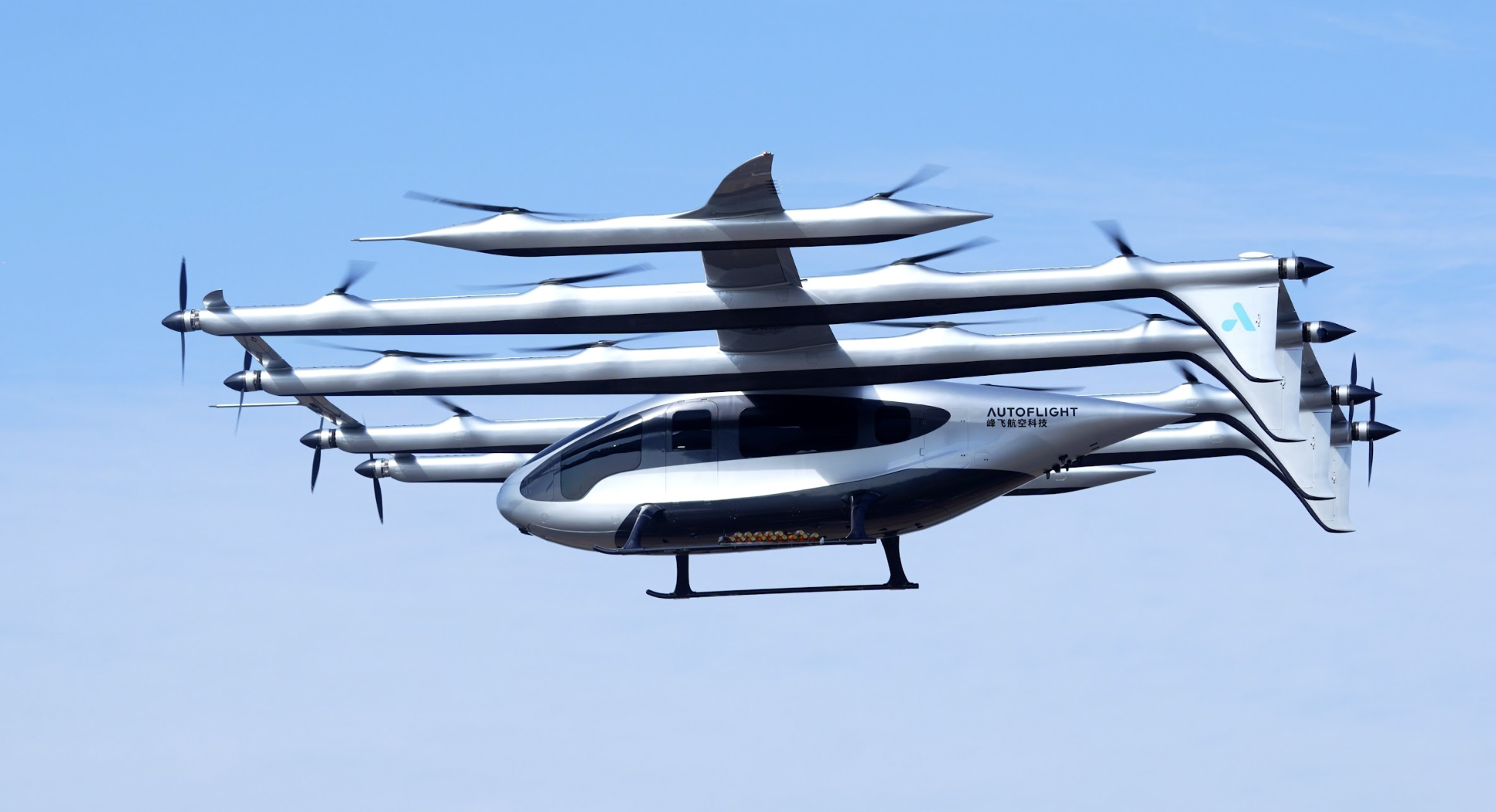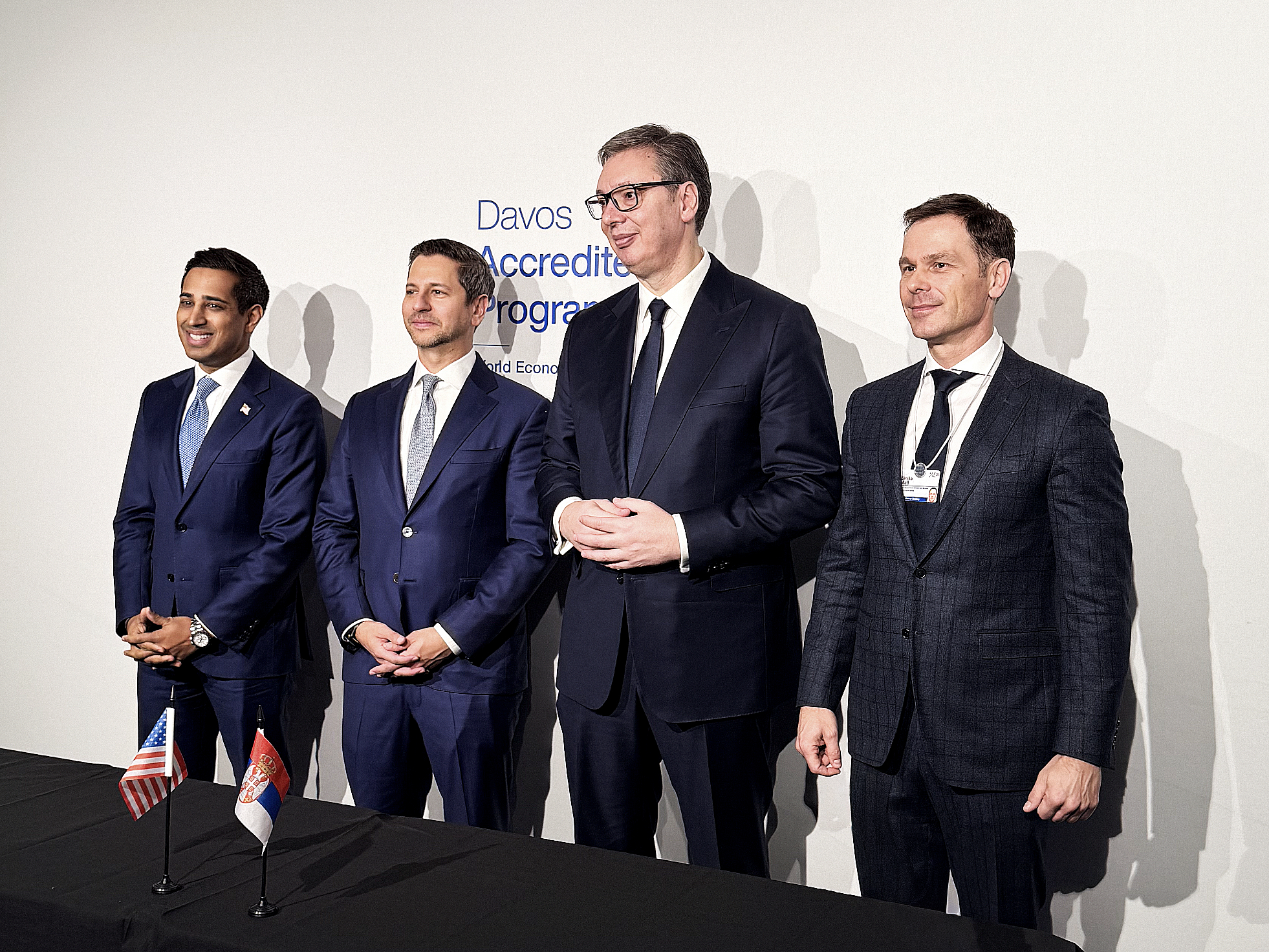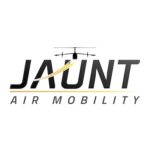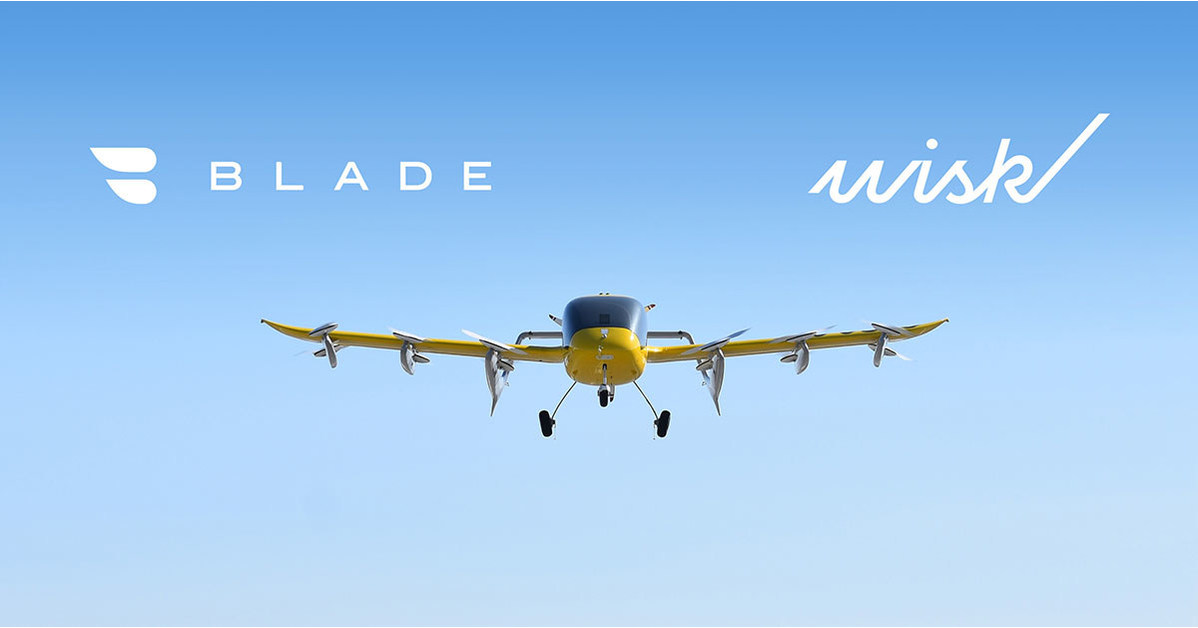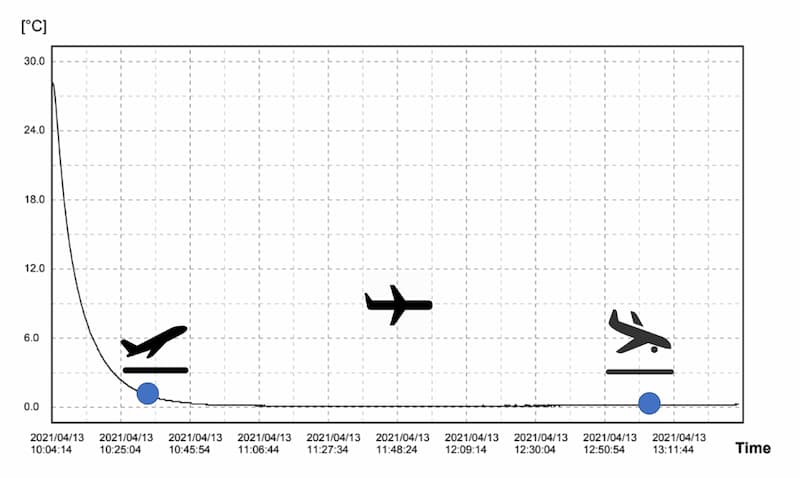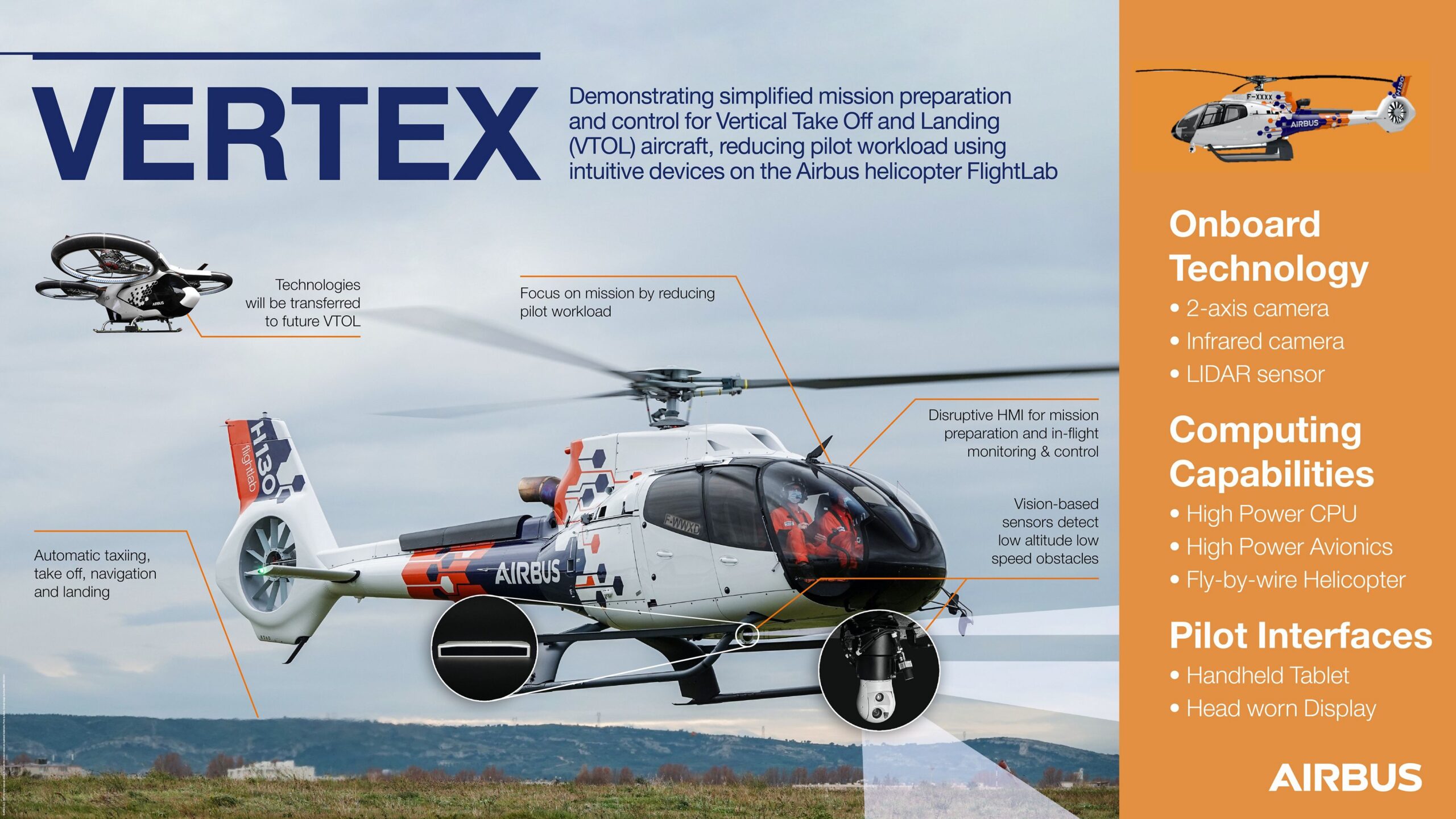Safety, Sustainability and Acceptability of Urban Air Mobility, the ASSURED-UAM Consortium Investigates Innovative Climate Neutral Urban Transport
The rapid technological progresses in Urban Air Mobility (UAM) have made necessary the analysis of both opportunities and obstacles deriving from its deployment. To manage this challenge, a group of innovative companies and research laboratories from Poland, Italy, Portugal, and the Netherlands coordinated by Ł-ILOT, have teamed up to launch the ASSURED-UAM consortium, a project aimed at implementing acceptance, safety and sustainability recommendations for efficient deployment of Urban Air Mobility.
The robustness of vertical transportation is the manner to ensure more services led by safety, sustainability and acceptability, meanwhile traditional land transportation is becoming slower and leaking in efficiency. On the other hand, technology and innovative measures are not up to scale to meet the climate targets and European transport policy objectives. Moreover, older legacy systems and ageing infrastructures fail to implement new solutions because of little information, data and testing.

The project will provide support and give technical assistance for the implementation of UAM in three overpopulated cities and regions: Górnoslasko-Zaglebiowska Metropolis (GZM – Upper-Silesian region in Poland), Bari (Italy) and the city of Porto (Portugal). From one side, the aim for the near future is to spread and fulfill best practices, standards, recommendations, and organizational solutions for aviation into city administrative and legislative structures responsible for the deployment of vertical transportation. On the other hand, the UAM will be implemented with horizontal dimensions of urban and peri-urban mobility systems, through comprehensive organizational and policy definition support for authorities, policy makers and urban industry.
The ASSURED-UAM Consortium will operate through the analysis of scenarios for 10 use cases within 5, 10, 15 years’ timeframe and making knowledge base and policy recommendations in 8 languages. Hence, there would be immediate benefits of the UAM to the cities and metropolitan areas in Europe, such as aerial observation, transport of medicines and organs between medical facilities by drones, shared service centers, transport of shipments and mail, monitoring rivers, air taxis between airports and major cities or critical points in these European cities.
Key aspect of the project is the consultation of an Extended Advisory Board (EAB) composed of more than 50 experts that will help in the understanding of needs, perspectives, and priorities about the ASSURED-UAM 10 most promising use cases in order to build a clear framework of technical, environmental, regulatory, social, urban planning and financial issues for their likely future implementation.
The consortium consists of the following organizations:
- Coordinator: Łukasiewicz – ILOT– Łukasiewicz Research Network – Institute of Aviation, Poland
- CIRA – Centro Italiano Ricerche Aerospaziali, Italy
- CEiiA – Centro de Engenharia e Desenvolvimento, Portugal
- ISSNOVA – Institute for Sustainable Society and Innovation, Italy
- DTA – Distretto Tecnologico Aerospaziale scarl, Italy
- GZM – Górnośląsko-Zagłębiowska Metropolia, Poland
- NLR – Nederlands Lucht- en Ruimtevaartcentrum
For more information, contact the project coordinator Bartosz Dziugiel ([email protected]), or the Project Communication officer, Raffaella Russo ( [email protected]).
This article was originally published by ASSURED UAM.




